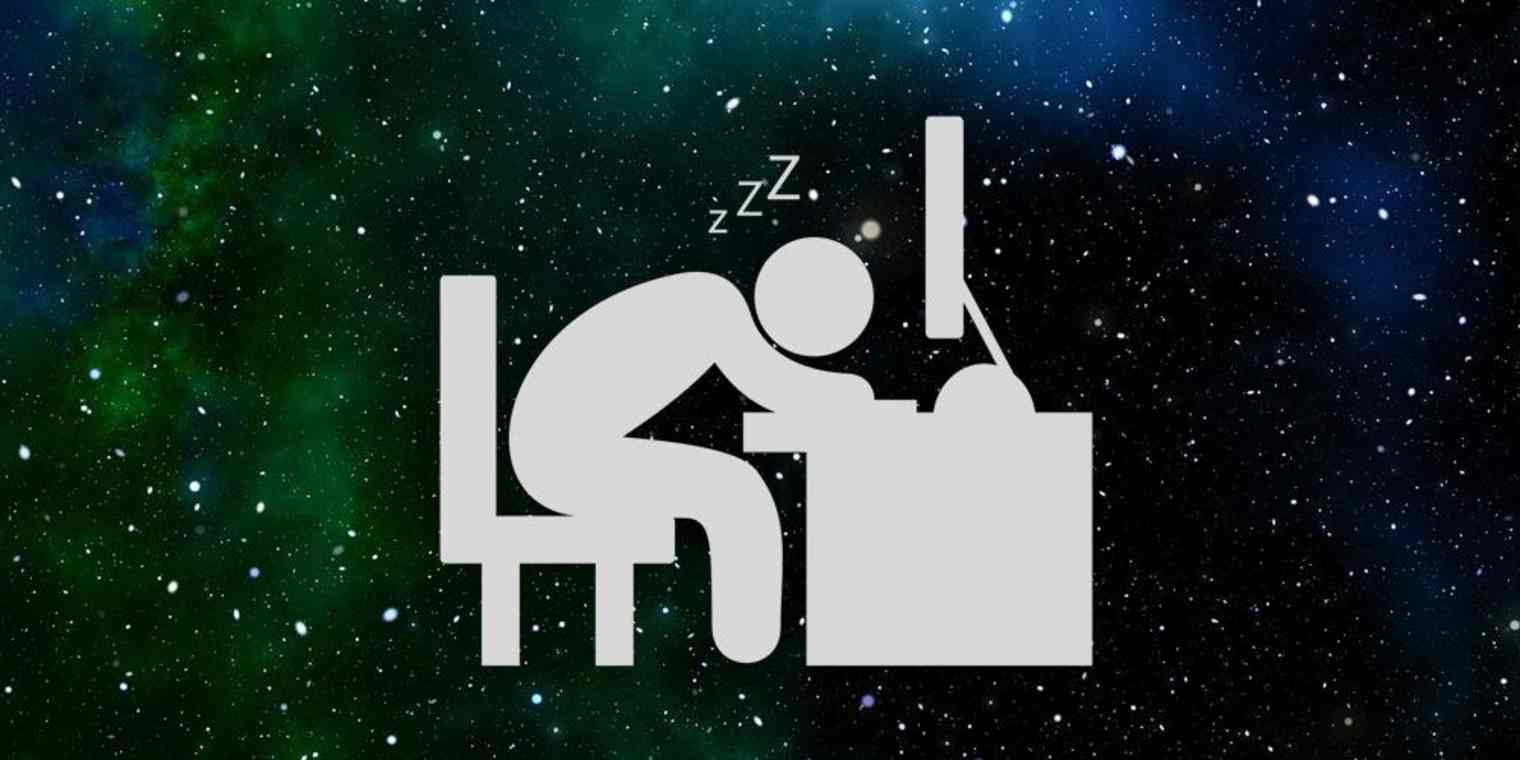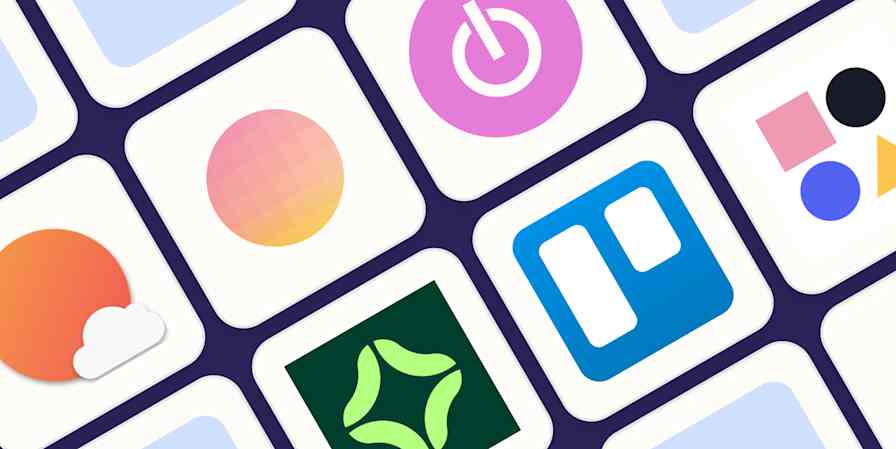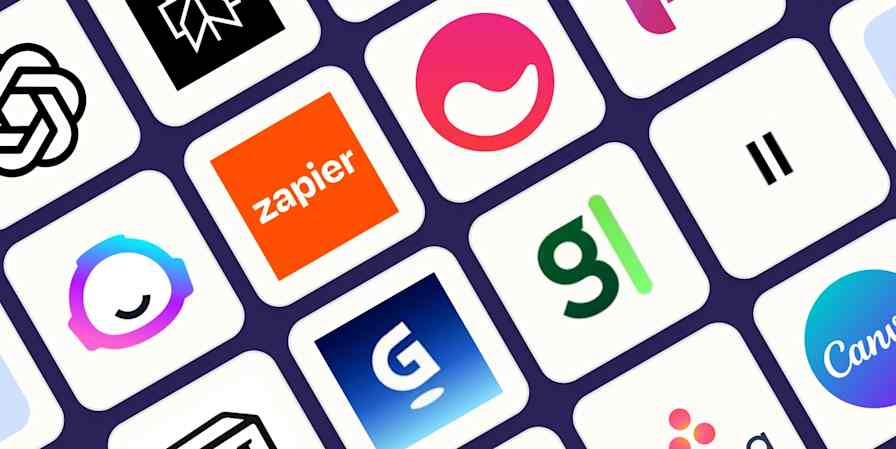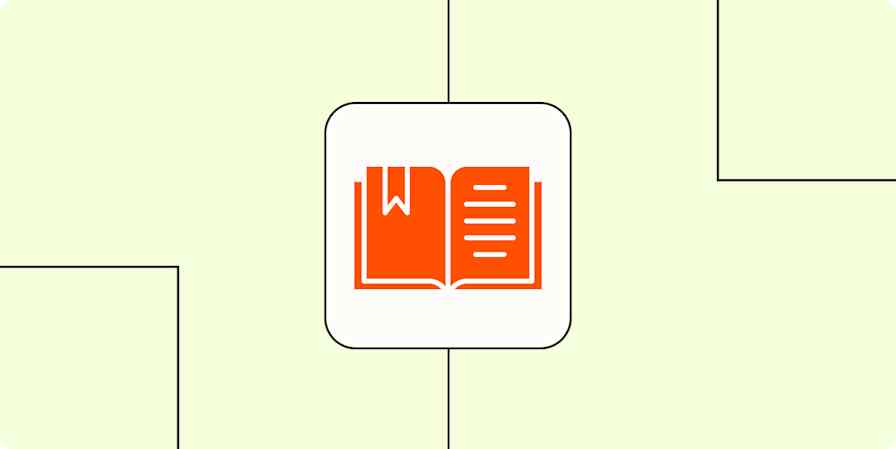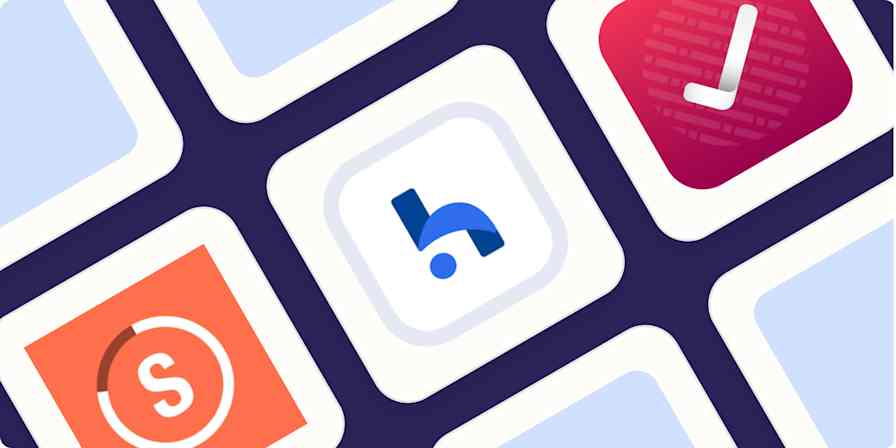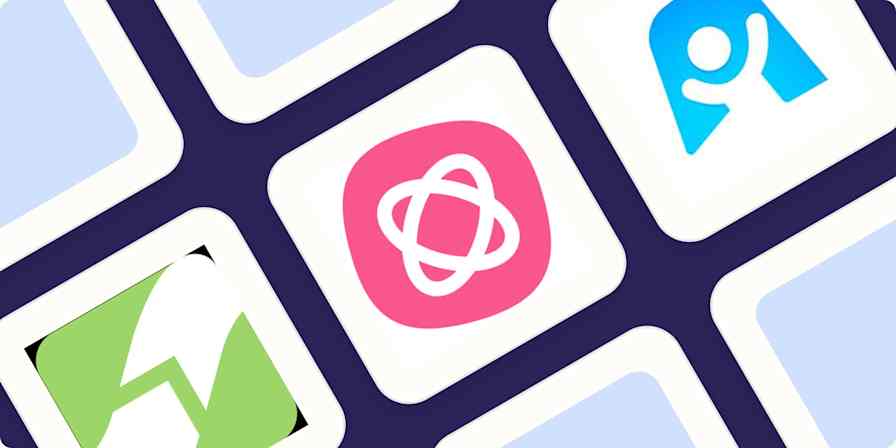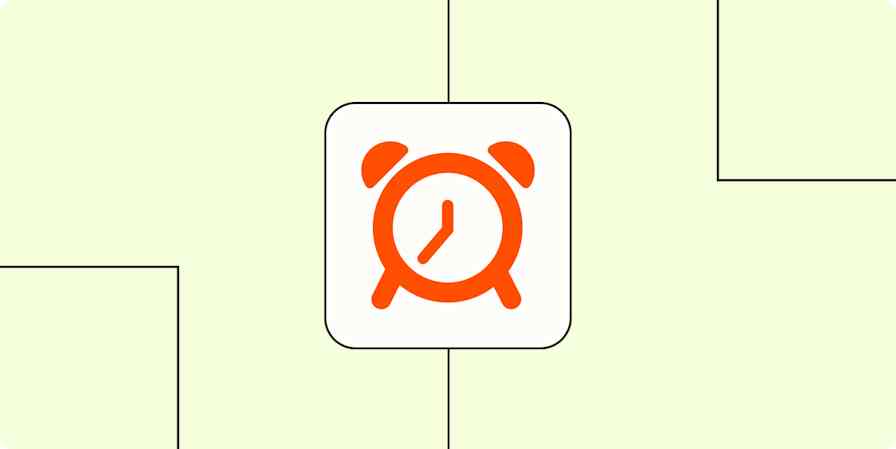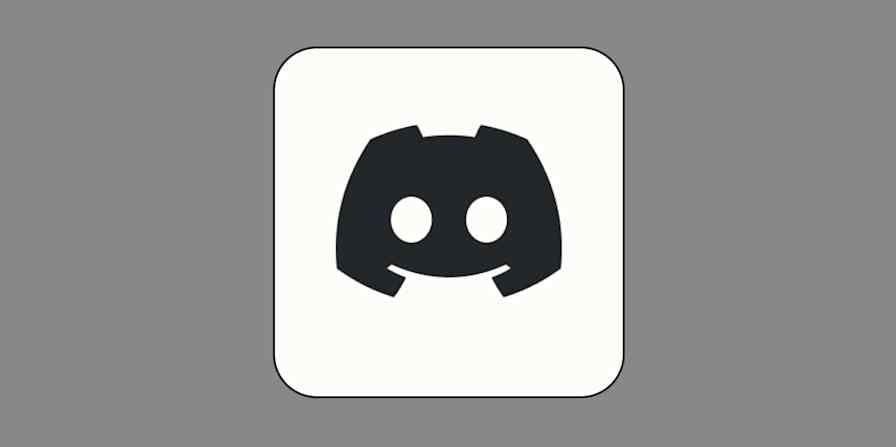What if you could take a pill that improved your productivity at work? And what if the pill were free? Oh, and it made you feel really good? And improved your overall health?
No such pill exists, but science suggests an alternative does: sleep.
Mounting evidence suggests that a good night's sleep seriously boosts productivity. One study of 4,188 U.S. workers found "significantly worse productivity, performance, and safety outcomes" among those who slept less, and estimated a $1,967 loss in productivity per worker due to poor sleep.
Yet, paradoxically, what is the main driver of poor sleep? "Work overload," according to another study.
So many of us are not getting enough sleep because we're working too much. And we're not working efficiently because we're not getting enough sleep. Sound like a bad pattern? It is, according to Matthew Carter, PhD, a sleep specialist at Williams College, who we had a chance to speak with about sleep and productivity.
"I definitely believe there is a sleep crisis in our culture," Carter says. "Most people equate losing sleep with having more time to enjoy the day or getting things done. Ironically, when they are sleep deprived, they enjoy the day less and are so unfocused that they are much slower in getting things done."
In his TEDx talk "The Science of Sleep (and the Art of Productivity)," Carter explores this paradoxical productivity crisis. "You're able to get more done on a good night's sleep, not less." Carter argues.
You're able to get more done on a good night's sleep, not less.
Dr. Matthew Carter, PhD, Sleep Specialist
And Dr. Carter isn't alone in sounding the alarm about poor sleep. Ariana Huffington has focused her attention on the topic, as well, delivering a TED Talk and penning a best-selling book on sleep and productivity.
Here, we'll dig into the research to find out how much sleep we need, why we're not getting it, and what we can do to improve our sleep—and, in turn, our productivity.
Sleep and Productivity: The Research
Looking back at the 20th century, it's remarkable the degree to which scientific research impacted our behavior. Studies found that tobacco was bad, so we (largely) stopped smoking. Research showed the benefits of exercise, so we signed up for gym memberships in droves.
But when it comes to sleep, we seem to have missed the memo.
A recent study of 1,000 adults tracked productivity and sleep quantity and quality. The conclusion was clear: "Sleep duration (both short and long), insomnia, sleepiness, and snoring were all associated with decreased work productivity." Their recommendation was unambiguous: "Sleep should be considered an important element in workplace health."
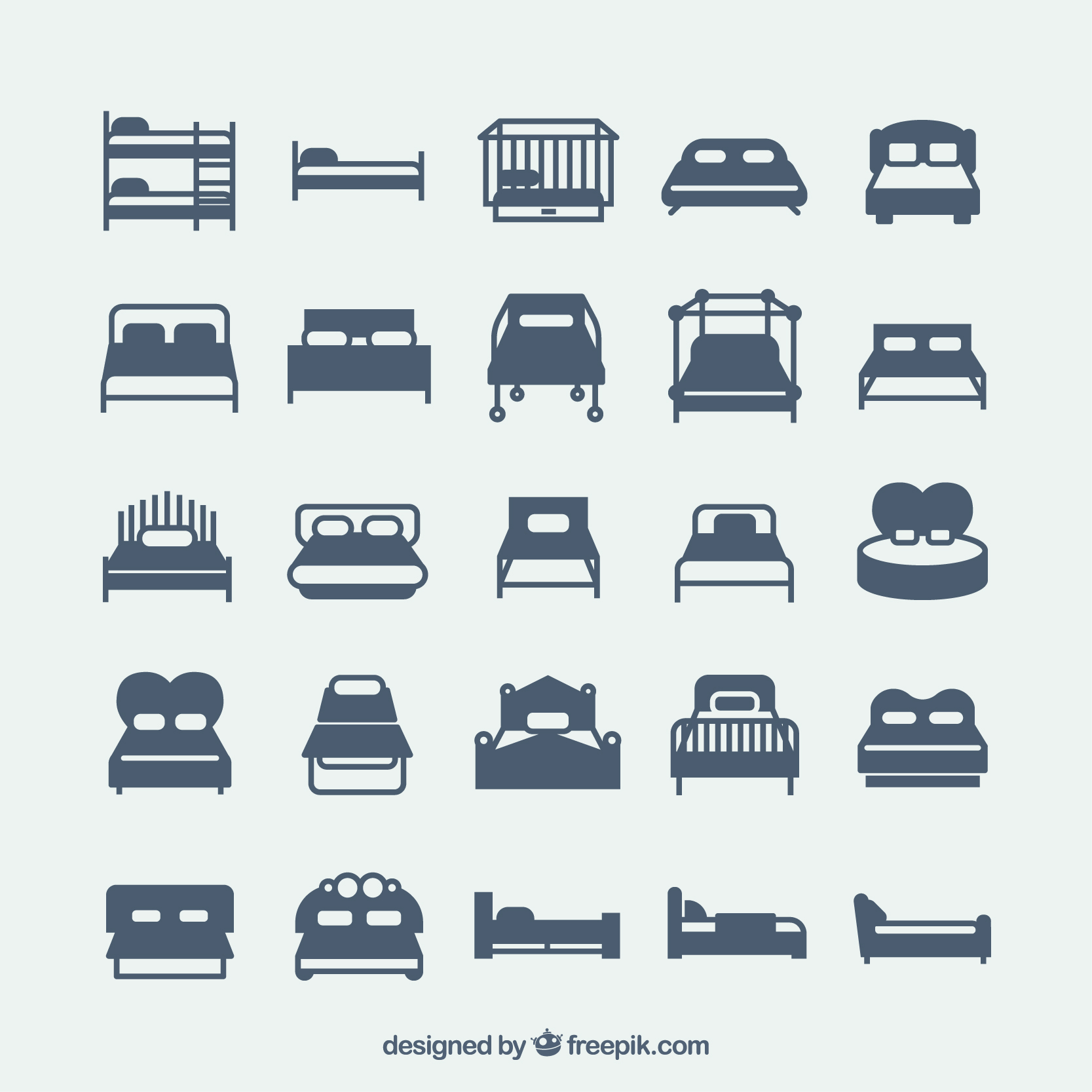
These results weren't surprising. Researchers have known for years that poor sleep dramatically reduces performance for activities ranging from athletics to academia. A 2012 meta-analysis of 24 studies found "significant impairments" in problem-solving and memory capacity among poor sleepers. Another study of interior design students found that "[...] Students who maintained short sleep durations, highly variable night-to-night sleep durations, or had fragmented sleep […] demonstrated pre- to poststudy declines on the laboratory measure of creativity."
No matter what type of work you do, impairing your creativity, problem-solving, and memory probably won't help your performance. Yet many of us continue to lose sleep because we're so busy. Carter explains:
One of the biggest reasons that people don't get enough sleep is because they feel they have too much to do or because they are stressed about what they need to work on. So we're not getting enough work done because we're sleep-deprived and we're not sleeping because we're not getting enough work done.
And how widespread is this problem? A Harvard study of 7,480 adults found a 23.2 percent population-wide prevalence of insomnia and estimated 11.3 days of lost productivity among these poor sleepers. Another 2014 survey by the National Sleep Foundation pegged the percentage of adults who lacked adequate sleep at 45 percent. Poor sleep is causing 23-45 percent of the population to lose more than two work weeks worth of productivity every year.
And what is our collective response to this sleep epidemic?
¯\_(ツ)_/¯
This confounds researchers like Dr. Carter:
If you saw a bunch of people routinely smoking, you would think they have an unhealthy smoking habit. If you saw a bunch of people routinely eating junk food, you would think they have an unhealthy diet. But if you see a bunch of people tired, you think they must be working hard or having an important, demanding job.
The scientific jury has reached its verdict: Sleep = productivity. Still, many of us struggle to get our full eight hours.
Or is it six hours…?
How Much Sleep Do You Need to Be Productive?
Ask a dozen people how much sleep is enough, and you'll get a dozen answers. Some people believe in a solid eight hours, while others say they're fine with five or six.
"In reality, most people need somewhere between six and eight hours," Carter says. "A small percentage of people only need five hours, and another group of people are on the other side of the scale and can need nine to ten hours of sleep."
In other words, "it depends."
Luckily, there's a simple, free test you can take right now to determine if you're getting enough sleep: Do you feel sleepy? If so, you probably need more sleep. End of test.
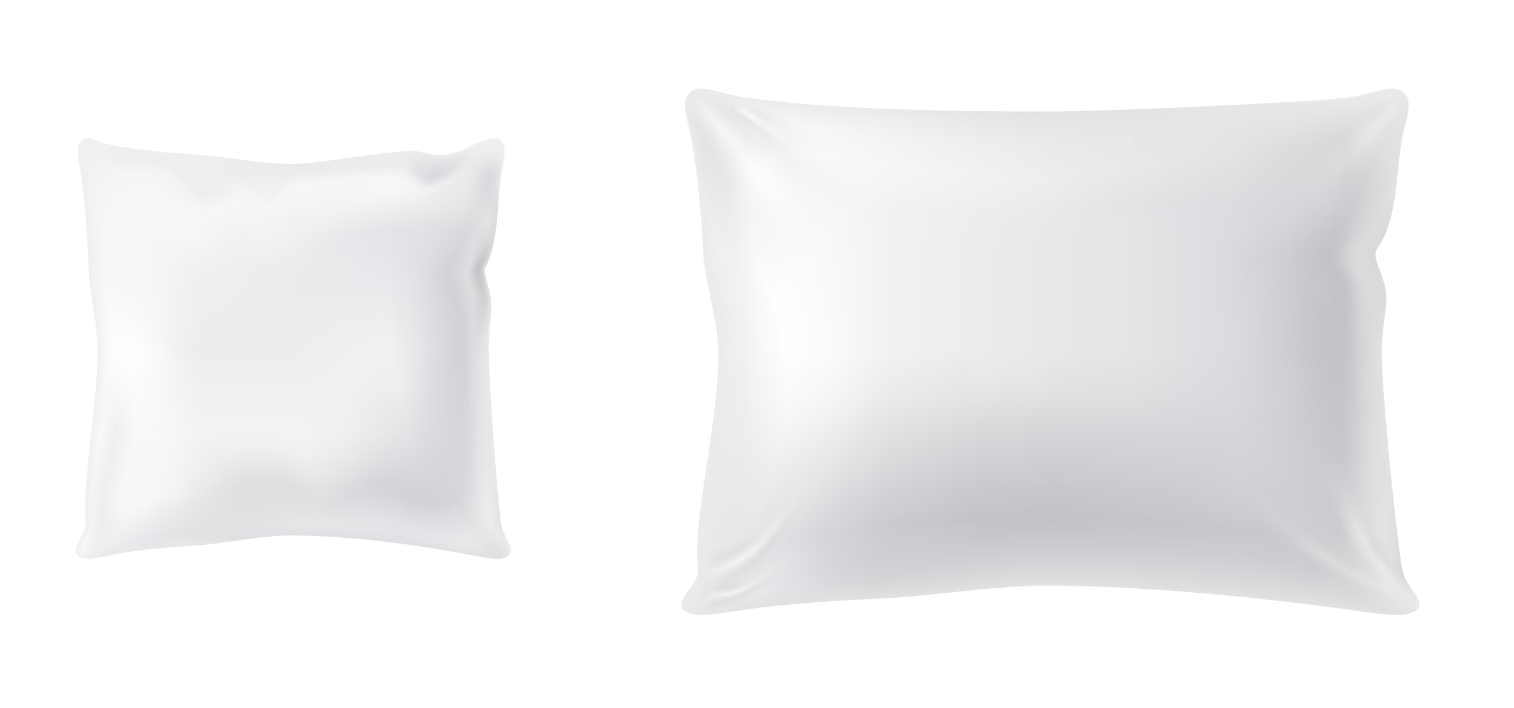
Research also shows that quality of sleep matters as much or more than quantity. One study of college students found that "average sleep quality was better related to sleepiness than sleep quantity."
Sleep quality is determined by many factors and can be much harder to assess than total hours slept. "Some people get six to eight hours of sleep but have terrible quality of sleep based on their levels of stress, what they ate just before bed, and how much light they received in their eyes before bed," Carter says.
So how can you determine the quality of your sleep? The past few years have seen a surge in technologies—including wearables like Fitbit and smartwatches, as well as sleep-specific monitors like Nokia Sleep—that offer sleep-tracking. These are loads easier (and cheaper) than a full inpatient sleep study and can give you an overview of your overall sleep duration and cycles between different phases of sleep.
The most important and deepest phase of sleep is REM. Without entering it several times per night, you're unlikely to wake feeling rested. Wearables like Fitbit can't measure sleep cycles like REM directly—that requires an expensive polysomnography machine—but they can infer it relatively accurately from a combination of heart rate and movement tracking.
Overwhelmed? Here's a TL;DR:
Aim for six to eight hours of quality sleep to maximize productivity.
If you're sleeping six to eight hours but still feel tired, try tracking your sleep at home.
If your sleep tracking shows few periods of deep sleep, consider visiting a doctor for a full analysis.
Of course, getting six to eight hours of high-quality sleep is easier said than done.
How to Improve Your Sleep for Productivity's Sake
For an activity that involves literally doing nothing, sleep can be surprisingly challenging. (As a lifelong insomniac, I'm something of an expert on not sleeping.) Whether you have trouble falling asleep or staying asleep, you're not alone. The CDC estimates that a third of Americans don't get enough sleep each night.
Sleep expert Matthew Carter has three main pieces of advice to help improve the quality and quantity of your sleep:
No screens before bed
"No phones, tablets, TVs, computers, etc. one hour before you go to sleep." Carter advises. "This is both because of the bright light hitting your eyeballs and also because what you are looking at on these devices is likely to excite you or stress you out."
Blue light, in particular, can disrupt circadian rhythms and regulation of melatonin (a sleep hormone). Software like f.lux and Apple's Night Shift help reduce blue light from screens at night, but adopting a strict screen curfew is still a better bet.
No carbohydrates or alcohol before bed
"Carbohydrates can keep you awake and negatively affect sleep quality," Carter explains. "And alcohol is metabolized in the blood into carbohydrates."
Nevermind the health benefits, skipping a sweet midnight snack or nightcap can actually improve your daytime productivity.
Prepare for sleep and make a routine
Carter explains, "Many people expect sleep to just happen—in reality you have to get yourself ready for it." This step is probably the most important. Like a Pavlovian dog salivating at the sound of a bell, creating a routine at night will signal to your body that it's time to wind down. For a double-dose of benefit, you can make this routine involve other sleep-promoting behaviors:
Turn down the lights around the house an hour before bed.
Change into sleepwear before bed only (sorry, lazy afternoons).
Once you're in bed, read a book (about productivity, perhaps?).
You've probably heard some version of this advice before, and it's easy to brush off. But next time you're answering work emails at 11 p.m. instead of reading a book, remember: You're hurting your productivity in the long term.
Of course, even if you follow all of this advice perfectly, you might still have trouble getting enough sleep.
"What should I do if…"
"...my partner snores?"
Wear earplugs. Sleep in separate rooms if it's really bad. Or consider asking your partner to sign up for a sleep study; serious snoring can point to sleep apnea, a condition that could be compromising the quality of their sleep.
"...I need to work at night?"
If you work a graveyard shift, you can still adopt all the above practices—just do them during the day instead of at night. The toughest one will be keeping the light out, so get blackout light-blockers for your windows.
"...I wake up in the middle of the night and can't fall back asleep?"
This is a common and maddening problem. Often the problem stems from irregular sleep patterns (e.g., sleeping in some days and waking up early others, or taking long naps during the day). Try to create a regular, nap-free sleep schedule for at least a week and see if the problem persists.
"...my mind won't slow down when I close my eyes?"
Other than obvious solutions (like not drinking caffeine within 10 hours of bedtime), you might want to consider a relaxation technique like gentle yoga or meditation. The popular meditation app Headspace recently launched a whole sleep-focused meditation package that can help quiet your busy mind.
There's no gray area here: Good sleep improves productivity. You can read study after study that shows the same thing, or you can trust your own common intuition. Do you do your best work on three hours of sleep?
And it's not just that a good night's sleep will improve your work for a single day. Improving your productivity can actually improve your sleep, which improves your productivity—and so on, in a virtuous cycle. Carter explains:
If a person gets more sleep, then they are more focused and better at performing tasks. Therefore, they get more done and can feel better about their work. This, in turn, can help sleep because people feel like they have "earned it."
Will our culture finally embrace sleep and its productivity-boosting potential? There are some positive signs. Seattle public schools recently pushed high school start time back a full hour to unambiguously positive results: better attendance and better grades.
Until we move toward valuing sleep as a cultural norm, you can at the very least value it for yourself—and your productivity.
